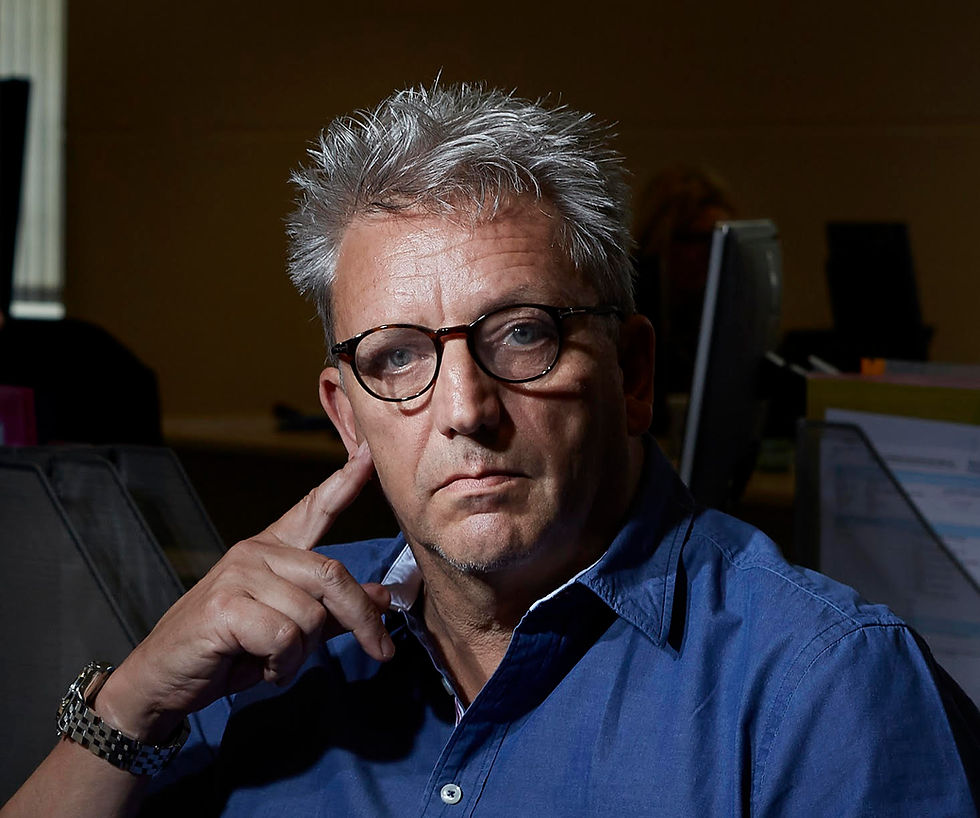#WFH during the coronavirus pandemic - committee reflection - Erica Kinmond
- axisaberdeen

- Jul 6, 2020
- 4 min read
Updated: Feb 17, 2023
Career moves during Covid-19
There are many arguments over the foreseeability of the Covid-19 pandemic but I can honestly say that when I accepted the offer of a new job and handed my notice in earlier this year I was still in the group of people oblivious to the scale of the impact it would shortly have on our lives. I certainly never imagined that months later it would result in my leaving a firm and colleagues I had worked with for almost 12 years without shaking a single hand and then starting my new job from home. However, that is exactly what happened.
Although my career move was a planned one that just happened to coincide with the lockdown I think my experiences may still help others who find themselves leaving/starting new jobs in these strange times or indeed may help their employers in managing those transitions. So what did I learn?
1) Remote desk clearing – Many offices are closed or have skeleton staff at present so it may not be possible for employees to physically go to their desks to remove their personal items. Even if it is possible, employees may not want to return to the office due to health concerns and employers may not want them clearing their desks in offices which are not fully staffed. The usual processes for returning IT, phone and security equipment may also be disrupted with the relevant personnel not necessarily in the office as normal to receive these. If you do have to do a remote desk clear expect it to take longer (see below) and involve more people/resources. I relied heavily on the willingness of others to take (and retake) photos – a photograph of a box with a lid on tells me nothing of its contents – and then there were various deliveries and uplifts over several days. And no, my desk was not that bad.
2) Everything takes a little longer – It is not a huge surprise that being unable to engage directly with people, ask quick questions across the room or go and just sort something out yourself adds time. And, of course, ordering equipment and getting that set up takes everyone longer due to disruptions to workforces and delivery timescales. However, that doesn’t mean that we can’t reduce that time with a little advanced planning. Anticipating the issues around desk clearing above is one area. Another, is to provide new starts with a named person they can ask any silly questions to (repeatedly if necessary). For the vast majority of us, putting something into writing is much more of a big deal than asking a question verbally. I can personally attest to the fact that having been categorically told that I can ask any daft questions to someone has made setting up in a new job much easier. That said, I am sure that it has still taken me longer than normal to get to grasp with some of the basics of new systems and ways of working so ultimately we may all need to practice more patience with ourselves and with others.
3) Never underestimate the personal touch – I dodged an awkward traditional goodbye presentation around my desk, but if you think I missed out completely on farewells you would thankfully be wrong. We still managed farewell drinks over MS Teams and I got cards through the post. However, what touched me most were the personal phone calls and emails people thought to make and send. I am very conscious that many will have difficult leaving experiences over the coming weeks and months – if you are aware of colleagues leaving your organisation don’t underestimate how important getting in touch with them can be, especially at this time of isolation and uncertainty. A word from a colleague to reassure them that they were valued or remind them about something they were particularly good at could make all the difference to someone stepping out into a very uncertain job market.
4) Faces matter – I think most of us know how important non-verbal communication (tone of voice and body language) are. Previous studies have suggested as much as 55% of communication is through body-language so we should actively try to find ways to engage face to face as much as possible. It makes a huge difference when meeting new people and when you are trying to communicate difficult messages so thank goodness for video conferencing. However, we also can’t assume that video conferencing will work for everyone and a phone call or even an email is still far better than silence.
I am not sure we will return to shaking hands with our colleagues any time soon but this experience has reaffirmed for me how critical human contact is and how big a difference even the smallest of gestures or measures can make. Staying connected with our colleagues, contacts, friends and family is more important than ever.




